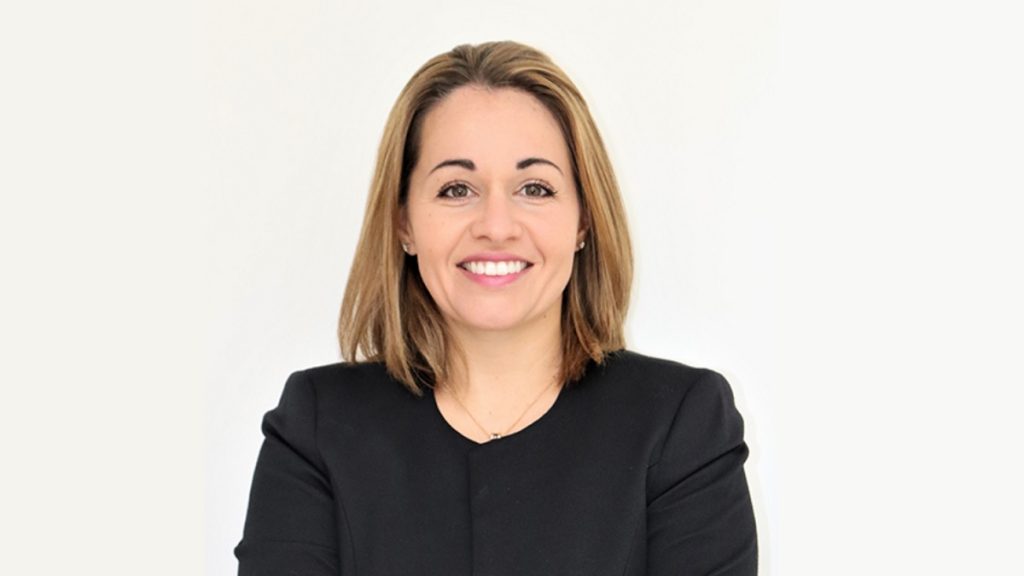Senior Recruitment Consultant Simon Pace on Thursday questioned whether diversity quotas actually result in more diverse and inclusive workforces.
Diversity quotas are initiatives used by companies to increase the number of under-represented groups in specific positions by requiring a particular percentage of the employees in that position to be of a certain gender or race. In recent years, they have been mandated by law at EU level. Indeed, by 2026, companies will need to have 40 per cent of the underrepresented sex among Non-Executive Directors or 33 per cent among all Directors. Additionally, a number of countries have quotas in place to ensure that a percentage of companies’ workforces are made up of people with some form of disability. In Malta, companies with more than 20 employees must have two per cent of their labour force that are disabled.
These have allowed for increased diversity in the workplace, yet have also come under fire for forcing companies to recruit people only to meet requirements.

“Are quotas necessary to ensure diverse representation, or do they do more harm than good,” Mr Pace asked.
He remarked that such quotes can “help ensure underrepresented groups are given fair consideration during the hiring process”, which can result in a more diverse workforce.
“Diverse teams bring different perspectives and experiences to the table, which can lead to more creative solutions and better problem-solving,” he added.
However, he also explained that if a diversity quota is seen as a “box-ticking exercise”, then it can result in the hiring of underqualified candidates solely based on their identity. Such a situation could bring about “resentment and decreased morale among existing employees”.
Additionally, Mr Pace stated that if diversity quotas are implemented without first considering candidates’ qualifications, it can “lead to qualified individuals being passed over for less-qualified candidates who fit the diversity criteria”.
He concluded by saying that the introduction of diversity quotas is a “complex decision” that should be based on each organisation’s “unique needs and goals”, as it is “important to weight the potential benefits and drawbacks before implementing any new policies”.
Mr Pace is vastly experienced within the staffing and recruitment industry, and has served as Senior Recruitment Consultant at VacancyCentre for four-and-a-half years. His experience also includes more than six years as Senior Consultant at Castille. He has worked with local and international clients, primarily sourcing clients within accounts, payments, finance, IT, operations, digital marketing, and also legal and compliance.
Men still dominating Malta’s boardrooms
The gender imbalance across Malta’s corporate landscape remains striking.
Lara Falzon appointed CEO of Yolo Group’s B2B Brands
The experienced executive said the firm has 'enormous potential for innovation, strengthening partnerships and scaling across global markets'
Why The Phoenicia Malta is the perfect setting for summer events
The Phoenicia Malta blends five-star elegance with award-winning cuisine and exceptional hospitality to create the ideal setting for group events ...
Sophie-Ann Busuttil appointed Director at Luxury Living Technologies following tragic loss of her father
For the last two years she has served as head of the group’s Luxury Living Sustainable Hospitality Company.









